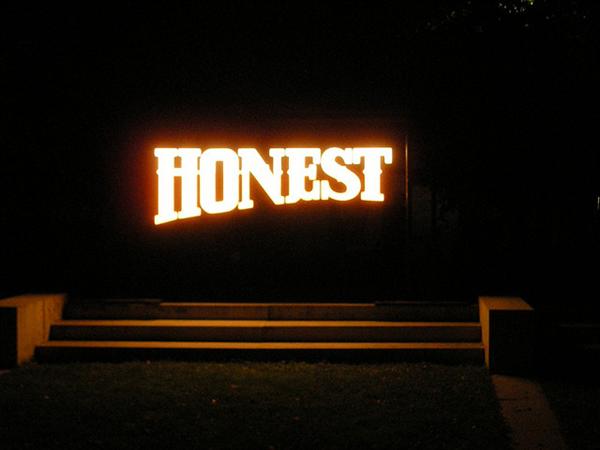Today I received my first link removal request for a website that I manage. It has almost been a year since Google's Penguin waddled out from the frozen south to wreak havoc on poorly SEO'd sites. People are still trying to recover from years of cheap tricks, paid links and general SEO spam.
The link removal request that I received today read as follows (company name removed to protect those who no longer wish to be mentioned online);
Email Subject: Link Removal Request
Dear Webmaster,
We have just found our link on your
www.bumstumsandthighs.com/full-body-workouts-with-a-body-sculpture-bs1370 with anchor text (CompanyName) and (Product Name) which is pointing to our website CompanyName.co.uk There are many of the links* coming from your
website to ours and we feel that it will harm our SERP and SEO efforts
as well as your domains too. So I request you to remove that anchor
text and link from your website as soon as possible and inform me
back.Your kind help will be much appreciated.
Many Thanks,
Webmaster
*there were actually only 3, and all on that page.
Now, I was in two minds when I received this message about how to best deal with it. Should I charge a processing fee? Should I do it for free? Before I tell you what I did (which is very simple) here is some background.
In April 2011 I was contacted by a marketing agency who were working on behalf of the company. I received the following email:
"Do you do any product reviews on your site? I'm interested in some kind of promotion with you."
I said yes, then we negotiated terms. At no point was the word SEO used, and I made a point of saying "advertorial" in each mail I sent, and included it on the invoice too.
"Please send the advertorial over for review. If approved we will invoice and then publish once the invoice is paid. "
The reply came ...
"I will try to prepare the advertorial for you to review this week."
Shortly late the article came and I published it. The only edit I made was to add rel="nofollow" to the links. I have never sold links and have always been more concerned with the cost of Google penalising a site than the extra pounds that you can make in selling SEO links.
Reminder of Nofollow:
"when Google sees the attribute (rel="nofollow") on hyperlinks, those links won't get any credit when we rank websites in our search results." - Nofollow 101
Now you may think that it is sneaky to add the nofollow, but this is just following Google's guidelines on paid links. And after publishing the article the client came back with:
"I was thinking the text really lacks an image, do you mind putting one in? I attach a few you can choose from."
This told me that they were happy with the page and we actually a real advertiser, for once! I was expecting a request to remove the "nofollows", or cancel the whole deal, but that never came.
I should add also that this is a "proper" company in the UK. They have offices in Croydon, South London, and they stock and sell products. They are not an affiliate company. They accept payments through all the major payment systems and they have full company contact details (address, London telephone number). They are a real business. OK, they do sell some pretty silly products, IMO, but they do nothing illegal and they have some good reviews. So, I judged them to be a good partner.
Then over a year and a half later I get a request to remove the links. Note, not to remove the article.
So, I was going to charge an admin fee of 50 (which is my basic fee for adding and editing news stories). However, I suspected that this would only lead to negotiations that I really did not fancy getting involved in. So I came up with another plan.
I checked the web logs for the page and saw that people were reading it, and finding it from Google search. It seemed a waste to abandon it.
As the article was unique and promoted a real product I checked on Amazon. The product itself is no longer stocked on Amazon, but a more recent product that is very similar is. It has some good reviews too, and I judged that the product would do the same thing. So I simply switched all the mentions of the first product for the second, and added an affiliate link. Wherever they mentioned their company name (e.g. I got mine from ....), I changed that to Amazon.co.uk. I changed the name of the author (I made a name up, this is probably a bit iffy, but "ghost writers" have been around since the quill was invented).
So, the end result is that the paying client have their promotional link removed. I keep the unique article that was written. And I add affiliate links, so may continue to make some money from the article. Google is happy, the client is happy, and hopefully I am happy.
Of course. Making the edits and then writing this post means that I have spent much longer on this than I planned. But at least that means Ruud will be happy too.
So, to recap, if you receive a request to remove a link, this is what you should do;
- Check the web logs / analytics to see if anyone is visiting the page and potentially using the link.
- If the page is being found via web search then change the links to something that may benefit you.
- If nobody ever looks at the page in question, just delete the whole page. It could be that Google already classifies it as thin or duplicate content and may be harming your site.

